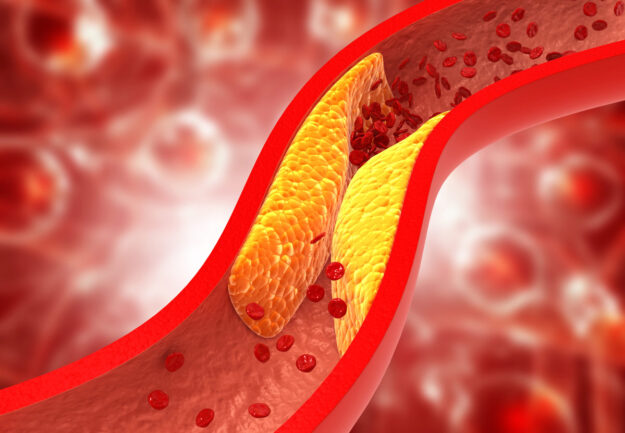Tocotrienols Attenuate White Adipose Tissue Accumulation and Improve Serum Cholesterol Concentration in High-Fat Diet-Treated Mice
Tocotrienols Attenuate White Adipose Tissue Accumulation and Improve Serum Cholesterol Concentration in High-Fat Diet-Treated Mice Tocotrienols (T3s), which are vitamin E homologs, have not only antioxidant function but also inhibitory effects on body weight gain and hepatic lipid droplet accumulation. However, the mechanisms of the anti-obesity effects of T3s are not yet understood. In…













